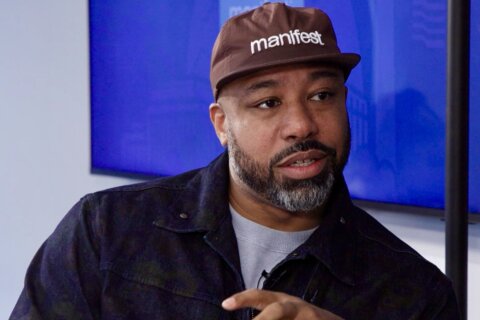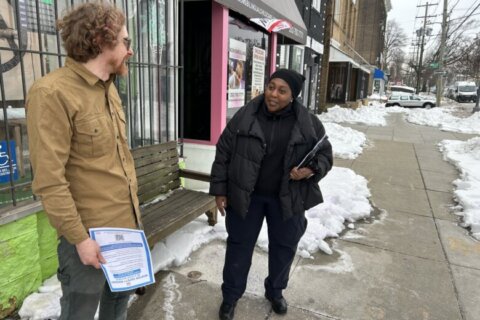When D.C. region residents were first navigating the dangers of the coronavirus pandemic a year ago, a Johns Hopkins University virologist sought to communicate how the body combats the virus.
A year on, Dr. Ray Viscidi, who teaches pediatrics and oncology at the Johns Hopkins School of Medicine, now tallies the consequences of the deadly pandemic. Reflecting on the health care system’s performance, Viscidi sees hospitals as having done a remarkable job of protecting staff and patients.
“Within the health care system … there really has not been much transmission of this virus. We believe that 100% of the patients that were admitted our hospital who didn’t have COVID didn’t get it while they were here,” said Viscidi. “The vast majority of the staff working in the hospital did not become infected from working in the hospital.”
Yet at nursing homes, several thousand residents across Maryland, Virginia and D.C. were killed by the virus over the weeks and months following the first outbreak last March.
“We weren’t able to come up with public health strategies that could have protected the most vulnerable,” Viscidi said. “Why weren’t we better able to protect some of these other high risk environments, even ones that kind of look a little like a hospital?”
Viscidi, whose research areas have included both papilloma and coronaviruses, wishes that public health policy had a better approach during the pandemic toward children, many of whom have missed about a year’s worth of in-person learning.
“I don’t think, in the end, we managed children during the pandemic, particularly well … one of the striking things is that we really cannot attribute outbreaks to schools. They have simply not been a source of outbreaks … it doesn’t spread so easily from children to adults.”
Despite holding that “everybody was trying to do their best,” Viscidi said he believes officials should delve into a critical review of the nation’s public health response once the worst is over.
“You want to go back, not so much to lay blame or wish that you could have things differently — but we should learn from what’s happened here,” Viscidi said.








